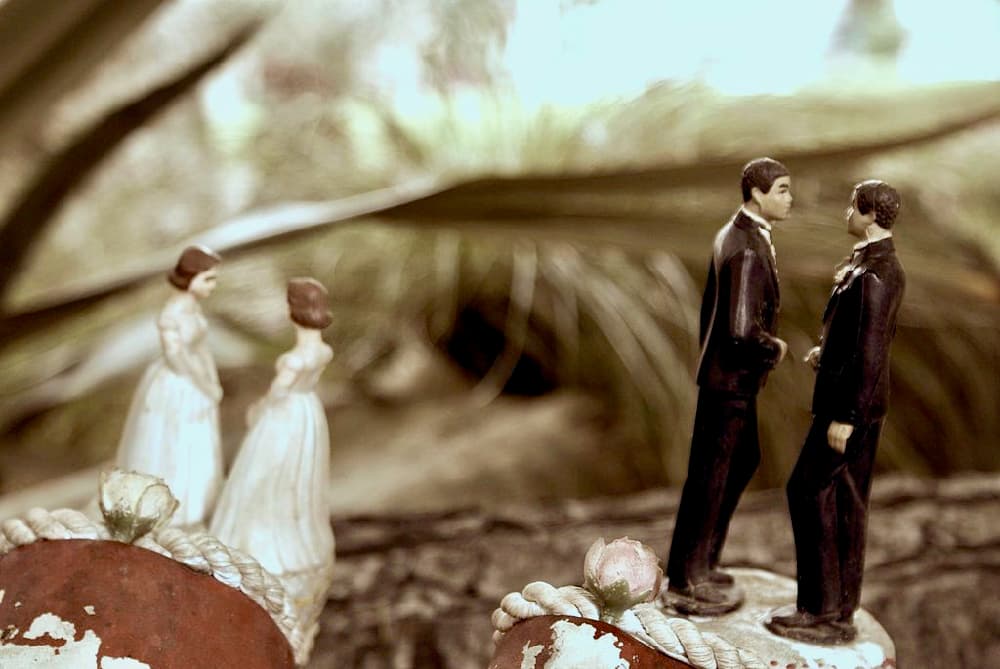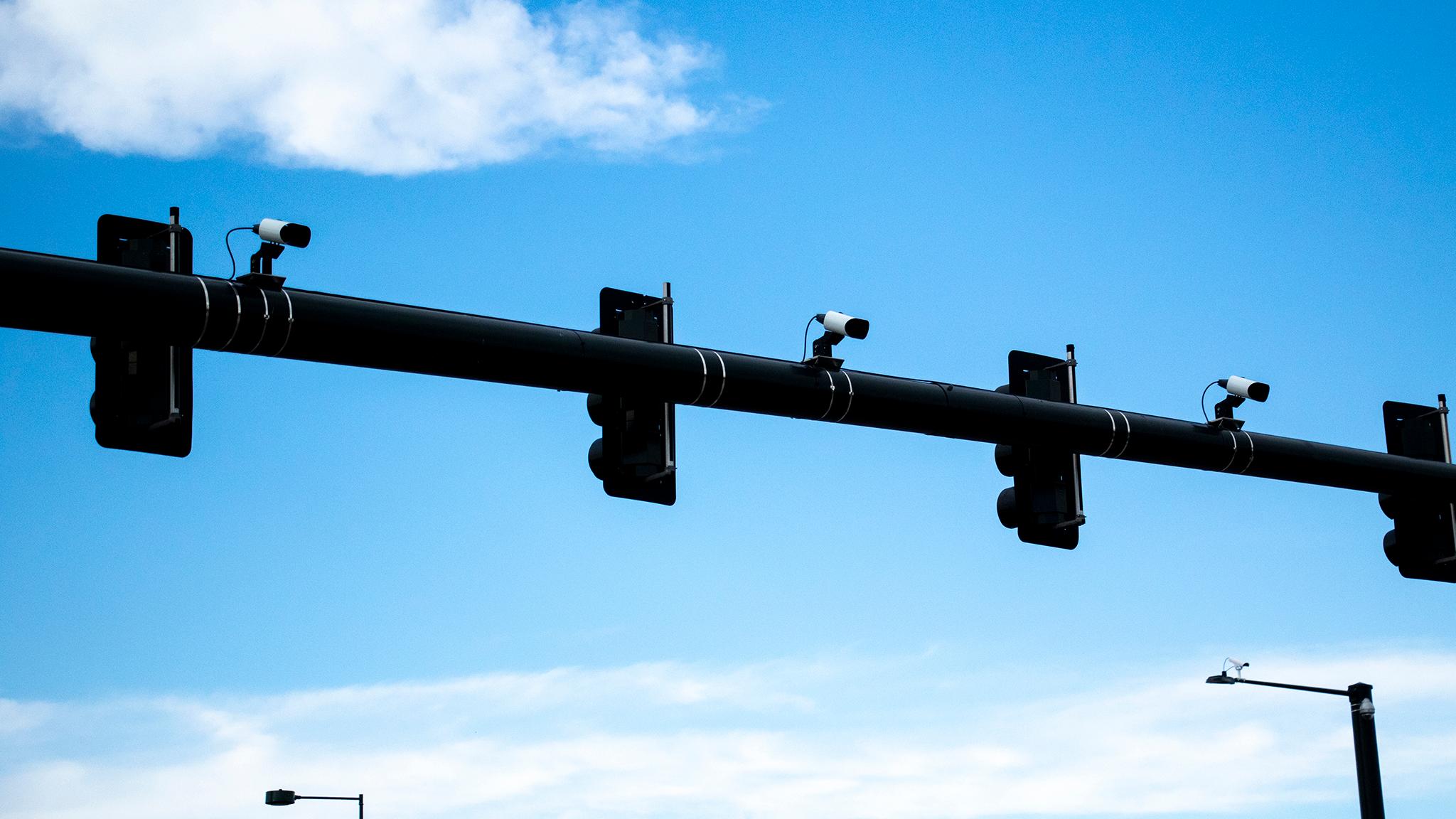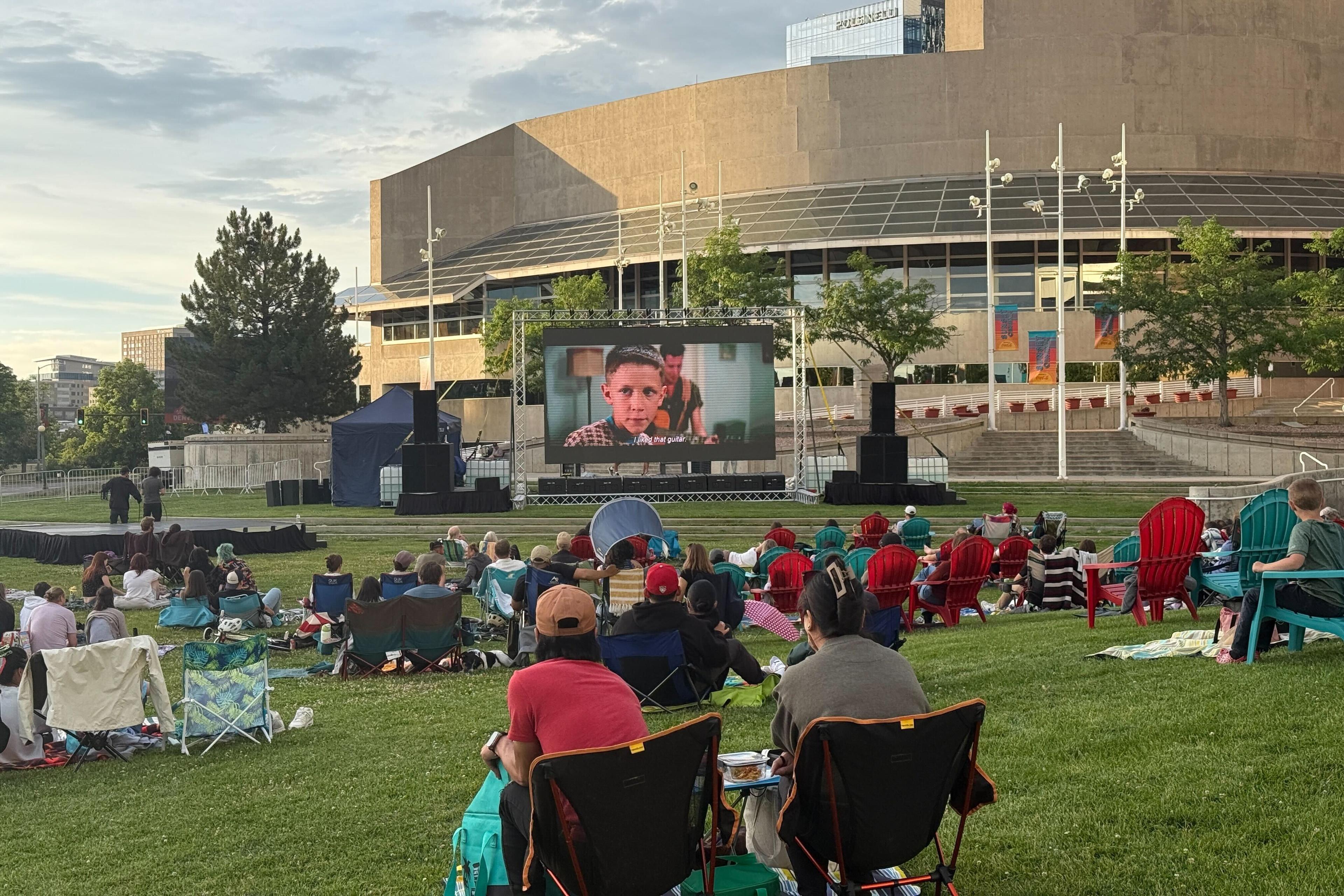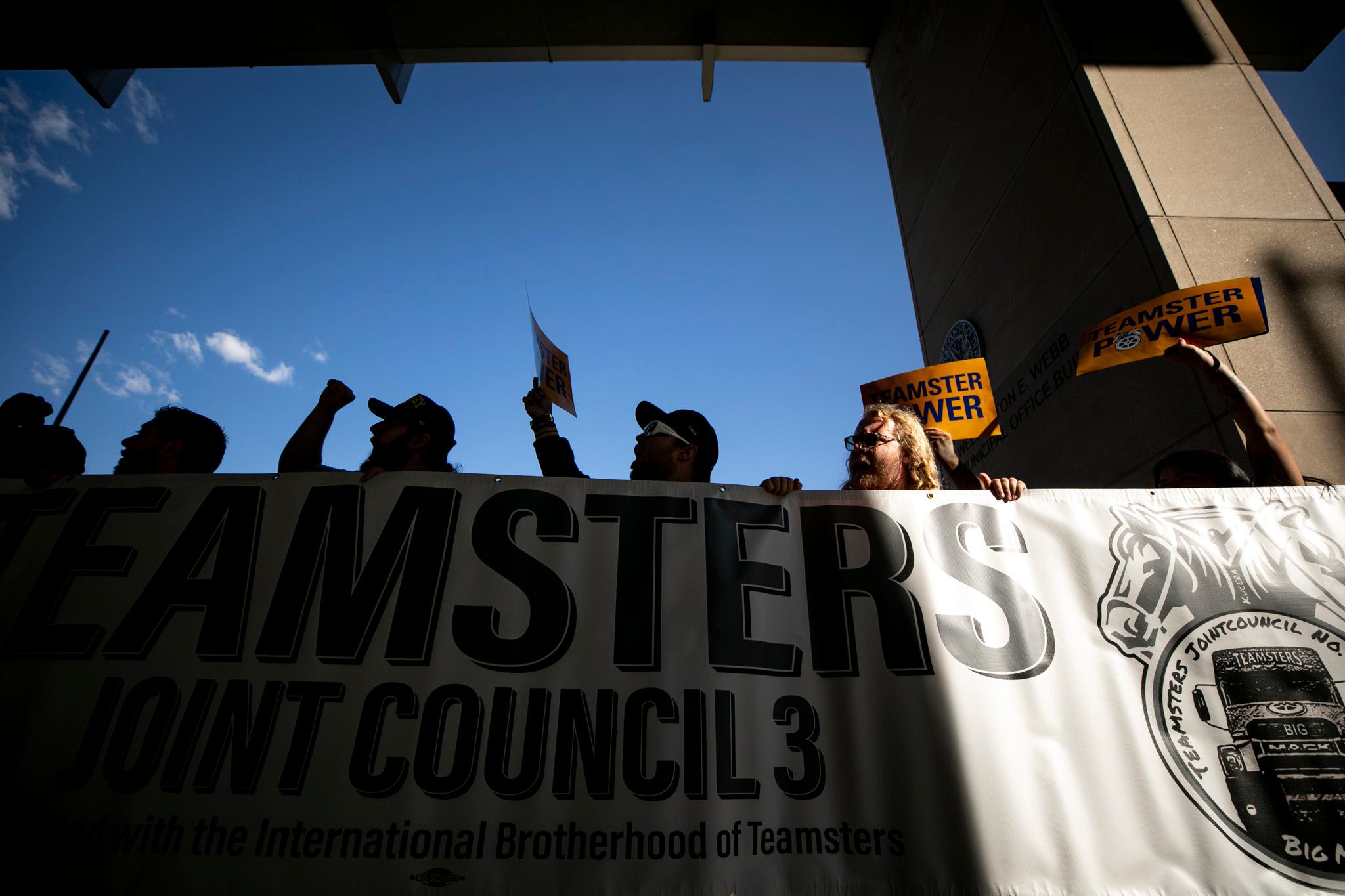
Is Jack Phillips a "cake artist" or a mere baker? If he refuses to bake for same-sex marriages, is he illegally discriminating against gay couples or is he protecting his art with the First Amendment?
Those questions and more are part of a legal dispute that began in Lakewood in 2012. Now that dispute is heading to the U.S. Supreme Court, where the justices -- including President Donald Trump's new appointee, Colorado's own Neil Gorsuch -- may decide whether religious beliefs can overpower anti-discrimination laws for businesses.
What happened in Lakewood:
In July 2012, Charlie Craig and David Mullins requested that Phillips design and bake a cake for their wedding. He refused, saying that he "does not create wedding cakes for same-sex weddings because of his religious beliefs," according to a Colorado court order. Same-sex marriage still wasn't legal in Colorado, so Mullins and Craig had planned to wed in Massachusetts.
Phillips described himself as a Christian and argued that decorating cakes is a form of art, "and that he would displease God by creating cakes for same-sex marriages," the order stated.
The couple later filed charges of discrimination with the Colorado Civil Rights Division, citing the Colorado Anti-Discrimination Act. Masterpiece also refused service to several other same-sex couples, according to court records.
Phillips' lawyers describe him as a "cake artist," noting that he refuses "lucrative business" such as "creating goods that contain alcohol or cakes celebrating Halloween and other messages his faith prohibits, such as racism, atheism, and any marriage not between one man and one woman."
Masterpiece is still in business.
What Colorado law says:
Colorado state law says that it is discriminatory and unlawful to deny "the full and equal enjoyment" of goods and services at a place of "public accommodation" to people because of their sexual orientation, among other causes. Public accommodations include businesses that serve the public.
The case so far:
An administrative judge found that Phillips had discriminated against the couple and ordered that he come into compliance with the law.
Phillips appealed to the Colorado Court of Appeals. Among his lawyers' arguments: He hadn't refused service because they were gay, but instead because he opposed same-sex marriage.
The appeals court found, in fact, the marriage was "closely correlated" to the couple's sexual orientation, and that it therefore was a violation of the anti-discrimination law.
"We reject Masterpiece’s related argument that its willingness to sell birthday cakes, cookies, and other non-wedding cake products to gay and lesbian customers establishes that it did not violate CADA," the appeal judges stated as the ruled in favor of the couple.
Phillips' lawyers also argued that he was practicing his freedom of speech under the First Amendment and the Colorado Constitution. Freedom of speech includes the "right to refrain from speaking," and they argued that Phillips was being forced to endorse same-sex marriage.
The cake, the baker argued, would have been "symbolic expression," and therefore can't be mandatory.
The appeals court disagreed, writing that the act of making a cake and "merely by abiding by the law and serving its customers equally" did not convey any message, and that such a message was "more likely to be attributed to the customer than to Masterpiece," anyway.
What's next:
It was announced on June 26 that the U.S. Supreme Court would take up the case.
Here's how The New York Times' Adam Liptak describes it:
"The case will be a major test of a clash between laws that ban businesses open to the public from discriminating based on sexual orientation and claims of religious freedom. Around the nation, businesses like bakeries, florists and photography studios have said, so far with little success, that forcing them to serve gay couples violates their constitutional rights."
The court will hear arguments during the nine-month term that starts in October, Bloomberg reports. At least four of the nine justices -- we don't know which ones -- voted to hear the appeal.
The court in 2014 refused to hear a similar case involving a wedding photographer.
What will Gorsuch do?
The court has a new justice, Neil Gorsuch of Colorado -- and Gorsuch's recent writings indicate he may stake out far-right positions on same-sex marriage.
In a ruling today, Gorsuch argued unsuccessfully that Arkansas is not obligated to put both names of a same-sex couple on a birth certificate, as The Daily Beast reported.
But Gorsuch likely won't be the deciding vote on the cake case. Even if he rules for the baker, the swing vote likely would be Justice Anthony Kennedy -- assuming Kennedy doesn't retire first.
The final arguments:
Phillips' lawyers argue, in large part, that the creation of a cake is in fact "pure speech" that can't be compelled.
"That Phillips draws, paints, and sculpts using glazing, food coloring, icing, and fondant rather than ink, oils, and stone makes no difference under the Ninth and Eleventh Circuits’ analysis," they wrote to the court, referring to other court decisions.
His lawyers also cite the Colorado Civil Rights Commission's earlier decision that three bakeries in Colorado could legally refuse to create custom cakes "disapproving of same-sex marriage on religious grounds."
"An African-American baker may decline to create a custom cake celebrating the racist ideals of a member of the Aryan Nation. Likewise, a Muslim baker may refuse to create a custom cake denigrating his faith for the Westboro Baptist Church. Three secular cake artists may reject a Christian’s custom cake order because they find his religious message critical of same-sex marriage offensive," they argued.
The counter-argument is that, again, there was no specific message in baking a cake for a gay couple, while those examples involved more-explicit messages.
Phillips is being represented in the case by the Alliance Defending Freedom, a Christian organization dedicated to defending religious freedom.











